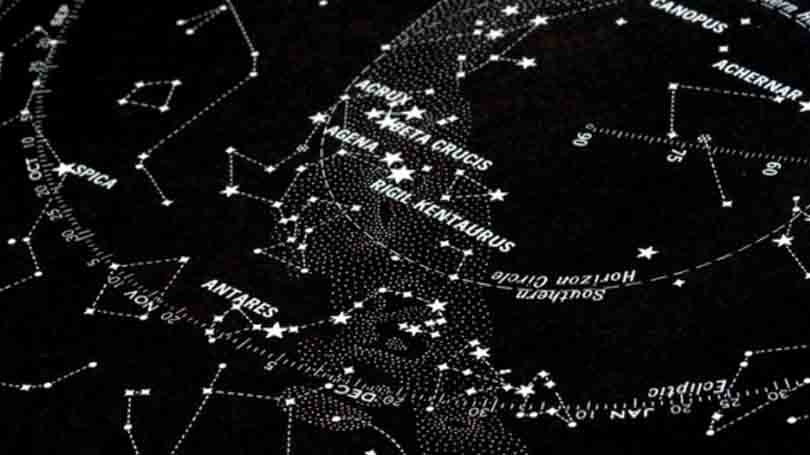
January Brain Buzz was hosted at the Vermont Institute of Natural Science for some star-gazing and learning about Harvard's Computers -- women who cataloged the stars.
Brain Buzz was hosted at the Vermont Institute of Natural Sciences (VINS) in January, the topic was hidden figures in astronomy. The Harvard Computers, as they were known, was a group of women who were hired to process the vast data being generated through the relatively new technology of glass plate photography. Measuring and cataloging the brightness of the stars and constellations we know and use today was the task of this highly qualified, yet woefully under-acknowledged group of women.
Edward Pickering was the Harvard College Observatory director from 1877 to his death in 1919, during which time innovations in astronomy produced data that far exceeded the capacity to analyze it. Enter the Harvard Computers. To keep up with developments, and keep within budget, Pickering hired women to compute the data presented on the glass plates. Among these women were Williamina Fleming, Annie Jump Cannon, Henrietta Swan Leavitt, and Antonia Maury.
The work of these women was funded at less than the amount of a clerk at the time, despite many of them being astronomy graduate students. Additionally, they made several significant contributions to modern astronomy. Flemming’s work led to the discovery of the horse head nebula, Annie Jump Cannon created the Harvard Classification Scheme, the foundation of today’s star classification system, Leavitt’s work enabled astronomers to measure the distance between Earth and other galaxies and her work went on to inform Edwin Hubble to determine the expansion of the universe.
Mackenzie Jones, PhD candidate in Astronomy, focuses her research on active galactic nuclei (AGN), the highly energetic centers of galaxies powered by the accretion of interstellar gas onto supermassive black holes.
Passionate and accomplished (Jones is a NASA Harriett G. Jenkins fellow), she presented the work of the Harvard Computers to a large group at VINS before venturing outside to take a peek through one of the telescopes she brought for the occasion. Attendees were able to see some of the brighter planets and constellations through a break in the clouds before heading back indoors for some coffee.
Coinciding with the success of the movie, Hidden Figures, the story of Katherine G. Johnson, Dorothy Vaughan and Mary Jackson - brilliant African-American women working at NASA, Jones’ presentation was a reminder that women have played vital roles in scientific innovation and discoveries, and often remain under-acknowledged, and certainly under-represented.
Brain Buzz is a free monthly event hosted in collaboration with the School of Graduate and Advanced Studies, the Upper Valley Food Co-op, and the Vermont Institute of Natural Sciences.